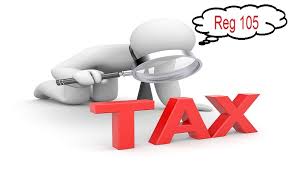Income Tax in the UK: Insights and Updates

The Importance of Income Tax
Income tax plays a crucial role in the United Kingdom’s economy, serving as a primary source of revenue for the government. It funds essential services, including healthcare, education, and infrastructure. Understanding income tax is vital for both individuals and businesses as it directly impacts financial planning and decision-making.
Current Structure and Rates
The income tax system in the UK is progressive, meaning that the tax rate increases as income increases. For the tax year 2023-2024, the basic rate of income tax is set at 20% for individuals earning between £12,571 and £50,270. Those earning between £50,271 and £150,000 fall into the higher rate tax bracket of 40%, while individuals with earnings above £150,000 are taxed at the additional rate of 45%.
Tax-free allowances also play an essential role in determining an individual’s tax liability, with the personal allowance currently standing at £12,570. However, this allowance begins to taper off for individuals with incomes over £100,000, effectively increasing their tax burden.
Recent Changes and Updates
In the 2023 Spring Budget, Chancellor Jeremy Hunt announced a series of reforms aimed at easing the tax burden on individuals. Notably, the government chose to maintain the current income tax rates for the next fiscal year but promised to review tax policies in the upcoming autumn. Additionally, there were discussions on raising the threshold for the additional rate of tax, which could provide relief to higher earners.
Future Implications
With the UK economy still recovering from the impact of the COVID-19 pandemic, the government faces the dual challenge of maintaining essential public services while stimulating economic growth. The decisions surrounding income tax rates and allowances will significantly influence consumer spending and business investment.
The forecast indicates that any future increases in income tax could result in reduced disposable income for households, impacting consumer confidence. Conversely, tax cuts or maintaining current rates could spur spending and drive economic recovery.
Conclusion
Understanding income tax in the UK is essential for effective financial planning and comprehension of the broader economic landscape. As the government navigates economic challenges, both taxpayers and businesses should stay informed about potential changes in tax policy that could affect them in the near future.









